All Courses
All Courses

Course • Mathematics • 5 lectures
Ratio, Proportion, and Rates of Change IV – Edexcel GCSE (1MA1): Higher Tier
Dr Thomas Woolley, Cardiff University 5 Lessons
5 Lessons
Ratio, Proportion, and Rates of Change IV – Edexcel GCSE (1MA1): Higher Tier
Dr Thomas WoolleyCardiff University
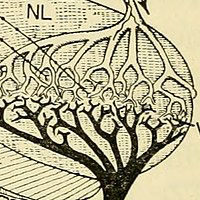
Course • Biology • 3 lectures
Animal Coordination and Control – Edexcel GCSE (1BI0): Foundation Tier
Dr Matthew Ivory, Cardiff University 3 Lessons
3 Lessons
Animal Coordination and Control – Edexcel GCSE (1BI0): Foundation Tier
Dr Matthew IvoryCardiff University
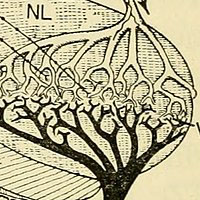
Course • Biology • 3 lectures
Animal Coordination and Control – Edexcel GCSE (1SC0): Combined Science (Foundation Tier)
Dr Matthew Ivory, Cardiff University 3 Lessons
3 Lessons
Animal Coordination and Control – Edexcel GCSE (1SC0): Combined Science (Foundation Tier)
Dr Matthew IvoryCardiff University

Course • Mathematics • 7 lectures
Algebra and Functions I – Edexcel (9MA0)
Dr Niki Kalaydzhieva, UCL 7 Lessons
7 Lessons
Algebra and Functions I – Edexcel (9MA0)
Dr Niki KalaydzhievaUCL

Course • Mathematics • 7 lectures
Algebra and Functions I – OCR (H230)
Dr Niki Kalaydzhieva, UCL 7 Lessons
7 Lessons
Algebra and Functions I – OCR (H230)
Dr Niki KalaydzhievaUCL
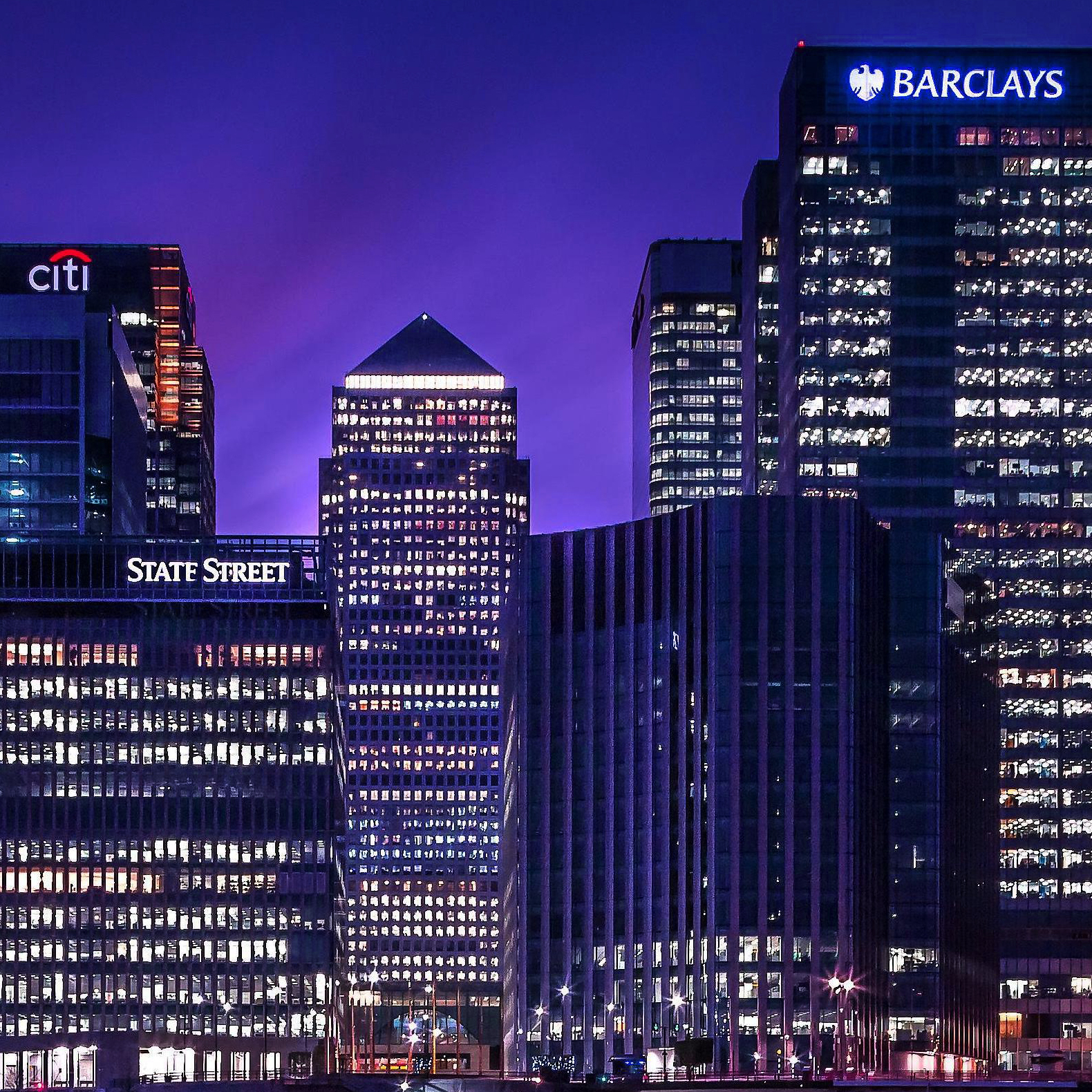
Course • Geography • 7 lectures
Transnational Corporations (TNCs)
Dr Crispian Fuller, Cardiff University 7 Lessons
7 Lessons
Transnational Corporations (TNCs)
Dr Crispian FullerCardiff University
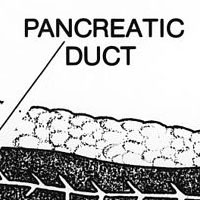
Course • Biology • 4 lectures
Homeostasis – Edexcel GCSE (1BI0): Higher Tier
Dr Matthew Ivory, Cardiff University 4 Lessons
4 Lessons
Homeostasis – Edexcel GCSE (1BI0): Higher Tier
Dr Matthew IvoryCardiff University

Course • Mathematics • 7 lectures
Algebra and Functions I – Edexcel (8MA0)
Dr Niki Kalaydzhieva, UCL 7 Lessons
7 Lessons
Algebra and Functions I – Edexcel (8MA0)
Dr Niki KalaydzhievaUCL
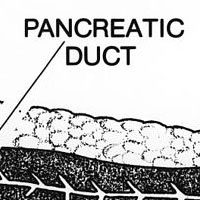
Course • Biology • 3 lectures
Homeostasis – Edexcel GCSE (1SC0): Combined Science
Dr Matthew Ivory, Cardiff University 3 Lessons
3 Lessons
Homeostasis – Edexcel GCSE (1SC0): Combined Science
Dr Matthew IvoryCardiff University
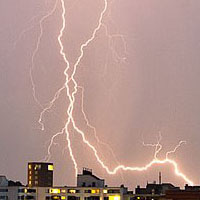
Course • Biology • 3 lectures
Material Cycles – Edexcel GCSE (1SC0): Combined Science
Dr Matthew Ivory, Cardiff University 3 Lessons
3 Lessons
Material Cycles – Edexcel GCSE (1SC0): Combined Science
Dr Matthew IvoryCardiff University
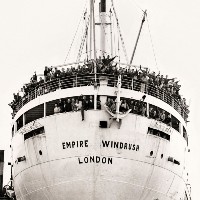
Course • English Literature • 6 lectures
Levy: Small Island
Dr Michael Perfect, Liverpool John Moores University 6 Lessons
6 Lessons
Levy: Small Island
Dr Michael PerfectLiverpool John Moores University
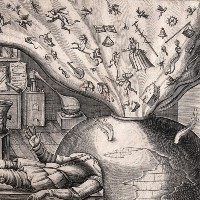
Course • English Literature • 4 lectures
Shakespeare and Imagination
Prof. Helen Hackett, UCL 4 Lessons
4 Lessons
Shakespeare and Imagination
Prof. Helen HackettUCL
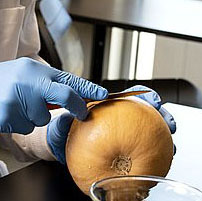
Course • Biology • 2 lectures
Food Science – Edexcel GCSE (1BI0): Higher Tier
Dr Matthew Ivory, Cardiff University 2 Lessons
2 Lessons
Food Science – Edexcel GCSE (1BI0): Higher Tier
Dr Matthew IvoryCardiff University
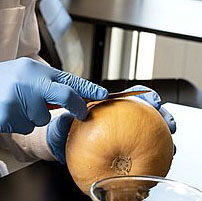
Course • Biology • 2 lectures
Food Science – Edexcel GCSE (1BI0): Foundation Tier
Dr Matthew Ivory, Cardiff University 2 Lessons
2 Lessons
Food Science – Edexcel GCSE (1BI0): Foundation Tier
Dr Matthew IvoryCardiff University
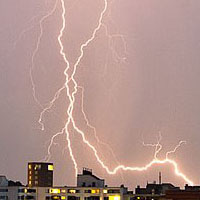
Course • Biology • 3 lectures
Material Cycles – Edexcel GCSE (1BI0): Foundation Tier
Dr Matthew Ivory, Cardiff University 3 Lessons
3 Lessons
Material Cycles – Edexcel GCSE (1BI0): Foundation Tier
Dr Matthew IvoryCardiff University

Course • Chemistry • 5 lectures
Chemical Complexity as a Sign of Life
Prof. Lee Cronin, Glasgow University 5 Lessons
5 Lessons
Chemical Complexity as a Sign of Life
Prof. Lee CroninGlasgow University

Course • Sociology • 5 lectures
Media Representations
Dr Frazer Heritage, Manchester Metropolitan University 5 Lessons
5 Lessons
Media Representations
Dr Frazer HeritageManchester Metropolitan University
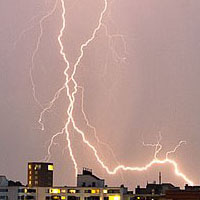
Course • Biology • 3 lectures
Material Cycles – Edexcel GCSE (1BI0): Higher Tier
Dr Matthew Ivory, Cardiff University 3 Lessons
3 Lessons
Material Cycles – Edexcel GCSE (1BI0): Higher Tier
Dr Matthew IvoryCardiff University
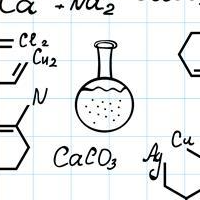
Course • Chemistry • 8 lectures
Fuels, Hydrocarbons and Organic Reactions - AQA GCSE (8462)
Dr Noha Ziedan, Chester University 8 Lessons
8 Lessons
Fuels, Hydrocarbons and Organic Reactions - AQA GCSE (8462)
Dr Noha ZiedanChester University
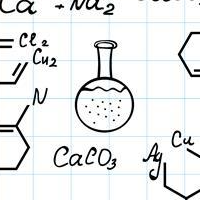
Course • Chemistry • 2 lectures
Fuels, Hydrocarbons and Organic Reactions - Edexcel Combined Science (1SC0)
Dr Noha Ziedan, Chester University 2 Lessons
2 Lessons
Fuels, Hydrocarbons and Organic Reactions - Edexcel Combined Science (1SC0)
Dr Noha ZiedanChester University

Course • English Literature • 6 lectures
Syal: Anita and Me
Dr Devon Campbell-Hall, Solent University 6 Lessons
6 Lessons
Syal: Anita and Me
Dr Devon Campbell-HallSolent University
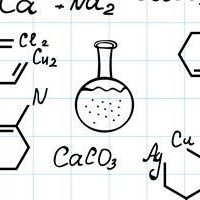
Course • Chemistry • 8 lectures
Fuels, Hydrocarbons and Organic Reactions - Edexcel GCSE (1CH0)
Dr Noha Ziedan, Chester University 8 Lessons
8 Lessons
Fuels, Hydrocarbons and Organic Reactions - Edexcel GCSE (1CH0)
Dr Noha ZiedanChester University

Course • English Literature • 3 lectures
Shakespeare and Material Culture
Prof. Catherine Richardson, Kent University 3 Lessons
3 Lessons
Shakespeare and Material Culture
Prof. Catherine RichardsonKent University

Course • Sociology • 5 lectures
Understanding Sociological Research Methods
Dr Rosie Nelson, Bristol University 5 Lessons
5 Lessons
Understanding Sociological Research Methods
Dr Rosie NelsonBristol University
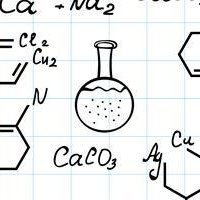
Course • Chemistry • 8 lectures
Fuels, Hydrocarbons and Organic Reactions - OCR GCSE (J248)
Dr Noha Ziedan, Chester University 8 Lessons
8 Lessons
Fuels, Hydrocarbons and Organic Reactions - OCR GCSE (J248)
Dr Noha ZiedanChester University

Course • Sociology • 4 lectures
Social Mobility
Dr Lin Ma, Bristol University 4 Lessons
4 Lessons
Social Mobility
Dr Lin MaBristol University
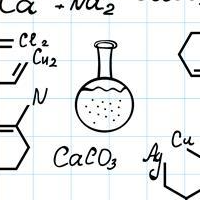
Course • Chemistry • 1 lectures
Fuels, Hydrocarbons and Organic Reactions - OCR Combined Science (J250)
Dr Noha Ziedan, Chester University 1 Lessons
1 Lessons
Fuels, Hydrocarbons and Organic Reactions - OCR Combined Science (J250)
Dr Noha ZiedanChester University
